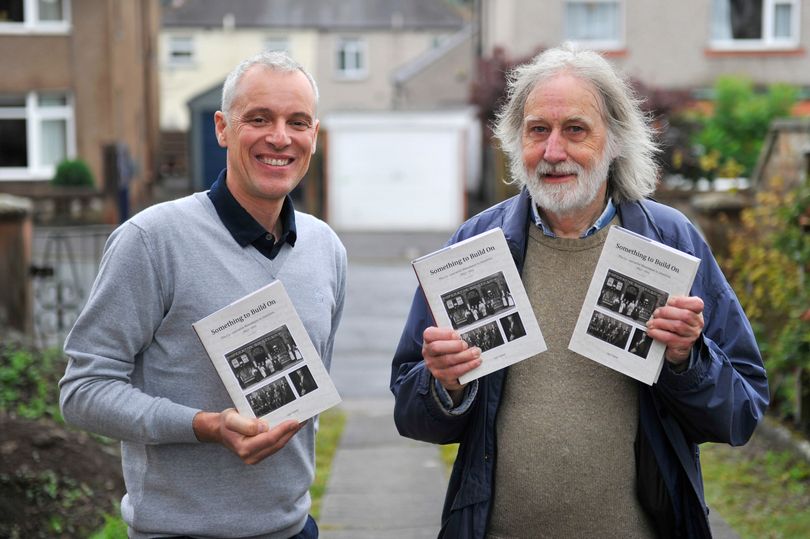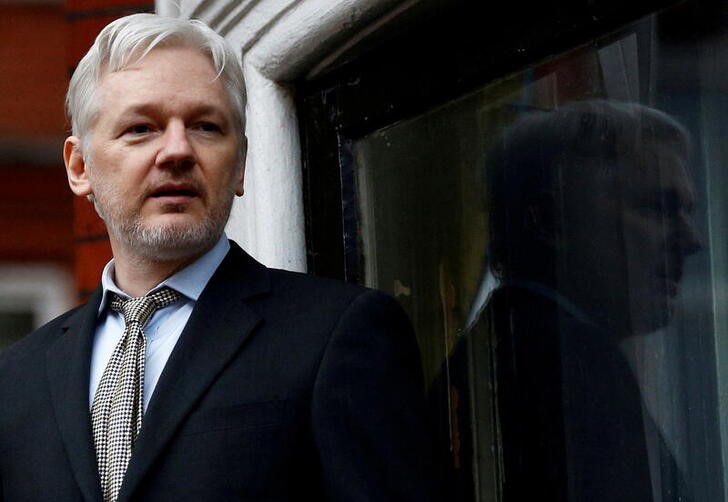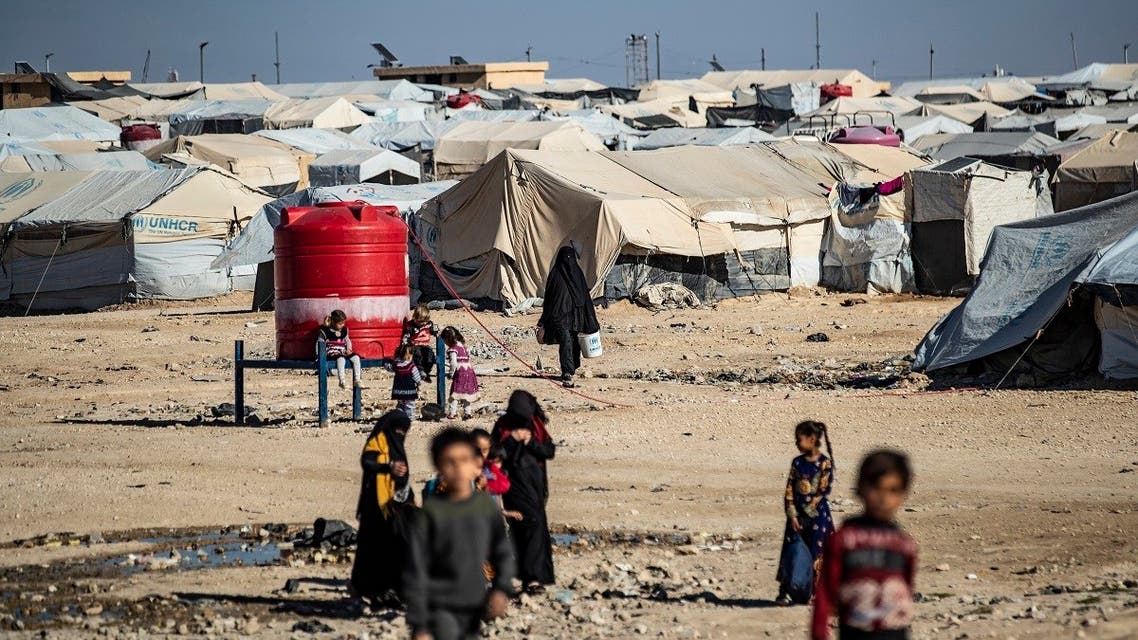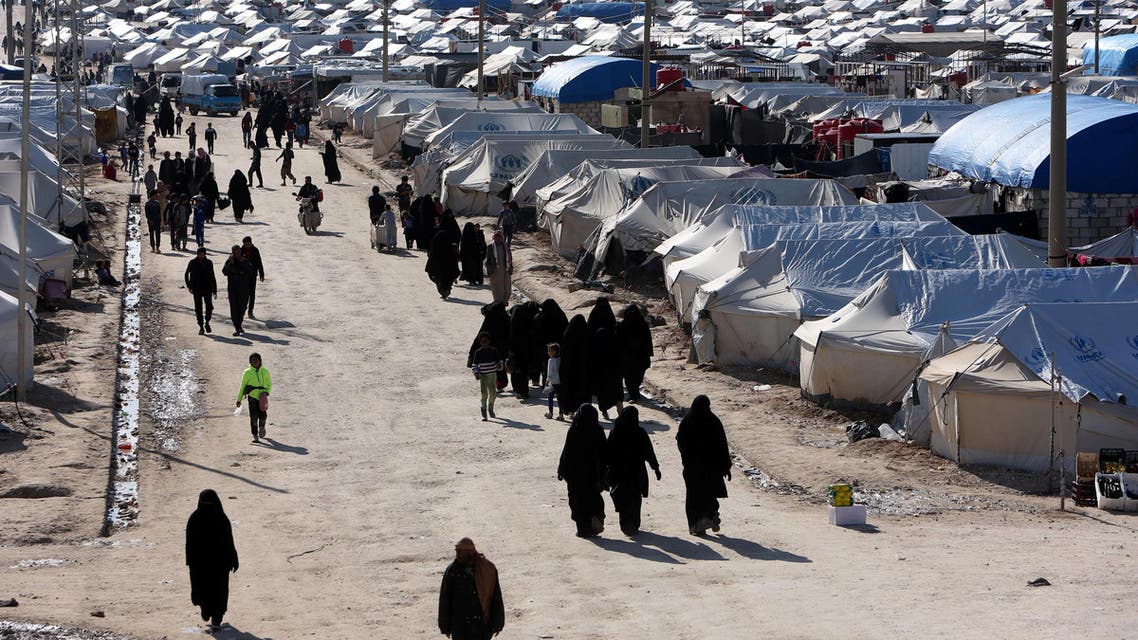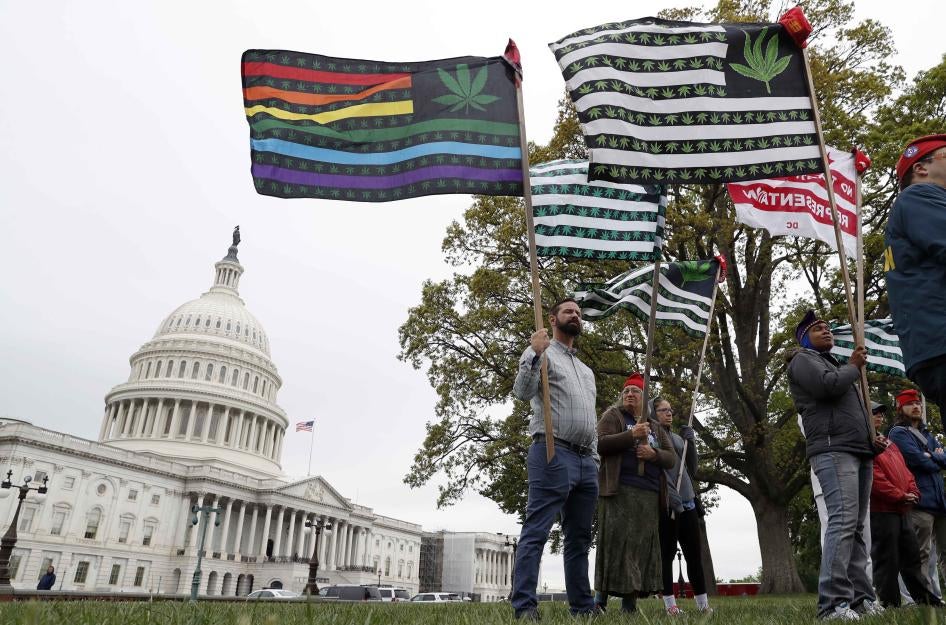We need people’s solidarity with Ukraine against war, not the fake solidarity of governments
Shaun Matsheza and Nick Buxton of TNI spoke to two activists on the editorial board of the left Commons journal that explores and analyses Ukraine’s economy, politics, history and culture. Denys Gorbach is a social researcher currently doing his PhD in France on the politics of Ukrainian working class and Denis Pilash is a political scientist and activist involved in a social movement, Sotsialnyi Rukh. More here.
Shaun Matsheza: How is the situation unfolding in Ukraine and what’s been the impact on you, your family and your friends?
Denys Gorbach: I am quite safe personally as my partner and I are far away from Ukraine. Although the situation certainly does not help to live and to function on a daily basis. Besides the anxiety generated by the news, I still have family there. My aunt and my father-in-law have spent a week or so hiding in cellars because they live in the eastern suburb of Kyiv, which was hit by one of the first air strikes on the morning of the 24th.
Denis Pilash: On the first day of the invasion, I was still in Kyiv. My initial plan was to stay there, but I was convinced to relocate to a safer place in Ukraine and here the situation is more or less okay. It has become a big hub for the influx of refugees from one side and the influx of humanitarian aid from another. I am involved in a local university volunteer network, disseminating humanitarian aid to people who have been relocated here as well as to people closer to the frontlines of the war. But it’s again a similar situation of anxiety when you try to track hundreds of your friends to check whether they are safe. There are several with whom I have had no contact for several days, who are still in the heavily hit Kyiv suburbs, so I have no idea how they are. So you have this anxiety and a kind of existential horror every day when you get the news. I have friends of friends who have already been killed. And one of the worst feelings is knowing that even if we avoid a worst case scenario like nuclear war, that we look like we will be heading to prolonged conflict, in which many people will be torn from their homes and scattered everywhere. It’s a dark feeling.
Shaun Matsheza: It’s a terrible, terrible situation. I understand it’s very difficult for anyone right now to determine exactly what Russia’s strategy might be. But where do you think this is going?
Denys Gorbach: Well, I’m not a military analyst, but from what I see we should not count on any significant concessions on the part of Zelensky. Not because he’s like a superhero as he’s portrayed in the Western press today, but because he simply has little choice. Even if he were to agree to some significant concession to end the war, there is an enormous risk that he would be deposed by a nationalist coup. He has visibly made a choice to be deposed, if necessary, by an occupational force rather than by his fellow Ukrainians. Similarly, it looks like Putin has put himself in a situation where if he backs down, his rule internally will be compromised. I can see no signs right now on how the conflict can be de-escalated.
Shaun Matsheza: Do you concur, Denis?
Denis Pilash: Well, yes, I am no military analyst either, but from what we have seen in this last week the Russian invasion was really a mess in terms of how it was prepared. It looks like they were planning for a smooth blitzkrieg, capturing the major cities in several days and being received as liberators. Instead, there are lots of problems with logistics and they have faced complete rejection by the people in all the regions they have seized. There are big rallies against Russian occupation and the majority of local authorities are refusing to collaborate with the occupying forces. So they have clearly miscalculated and seem to have no clear Plan B. And this brings us to this danger of prolonged war where Putin won’t retreat without significant concessions and where Zelensky and Ukraine have no other option but to resist.
The Ukrainian authorities say that they are trying to find a way towards a ceasefire, but not much is expected because Russia is still sticking to its initial demands. Some news is very confusing, for example, there are rumours that Russia is going to bring back the deposed President Yanukovych, who has become a laughing stock for almost everyone throughout Ukraine and is deeply despised. If this is the case, Russia has no connection to reality. That’s why it’s quite hard to do a prognosis.
Shaun Matsheza: So in the current situation that is unfolding, what can people do? It seems unfortunately there’s a lot of division on the left on how to respond. What does solidarity look like?
Denys Gorbach: Well, in terms of division, for example, there is so-called campism, which is rooted in the Cold War where a significant portion of the western left supported the Soviet Union. Whatever it’s logic in the past, it’s an aberration today when Russia is clearly a capitalist country whose leader Putin is an explicit anti-communist who rants about how he hates Lenin and Bolsheviks for destroying the precious Russian Empire. Yet somehow the descendants of the campists believe the seventies are still here, which brings us to this sad situation where a portion of the global left supports anyone anti-American, especially if it is Russia, which is somehow still associated with the Soviet Union and Communism and Bears.
I think this is a good moment for everyone on the left globally to rethink their analysis. A good starting point would be to refuse geopolitical bias in the analysis of events unfolding outside of your own country. Too often, in left analysis only NATO or Putin are given agency, but the tens of millions of people inhabiting Ukraine are denied this agency. We need to remind ourselves that Ukrainians are not only people, they are actually your class comrades. Most of them are working men and women, who share lots of everyday worries and who deserve to be taken into account when you formulate your positions.
Denis Pilash:Yeah, I totally agree. Ukrainians are not just pawns on a geopolitical chessboard. Just as our understanding of the corruption of Abbas administration and the far-right nature of Hamas movement shouldn’t be an obstacle to hearing the plight of the Palestinian people. So invoking the Ukrainian far-right or Ukrainian corruption and oligarchs shouldn’t be an obstacle for the solidarity of people with the direct victims of Russian bombs and Russian imperialism and indeed victims of oligarchs and the far right.
We must focus on the needs of the people in all these countries and not some abstractions. All this talk about ‘legitimate security concerns of Russia, for example. Did we talk about legitimate security concerns of the US, related to Cuba or Grenada? Do these ‘security concerns’ grant an imperial power the right to intervene and to make this aggression? Of course not. So you need to apply this same principle to Ukraine and to all other countries affected by imperialism.
And I must also say that it’s aggravating to see the return of this campism. In the 1990s and early 2000s, I think the vast majority of the international left was critical about Yeltsin’s and Putin’s wars in Chechnya, and had no illusions about the Russian grand power game to re-establish its sphere of influence. But then miraculously, without even hard efforts by the Kremlin, their propaganda has been bought by some of the left, even though Russia’s government is also eagerly working with the European far-right and ultra-conservative forces.
Meanwhile, central and eastern European states are sometimes even dismissed as not real states, treated as nations without history, as second-class people.
Shaun Matsheza: What type of support can progressive forces give to the people of Ukraine? Is it right for the left to ally with demands for military support?
Denys Gorbach: It’s a difficult question for the left, how to support anything related to the military. I personally like the position of Gilbert Achcar, a researcher in London, who calls for a radical anti-imperialist position, which according to him should consist of opposing a no-fly zone and similar propositions, as this would lead to a direct military clash between the major imperialist powers and a possible all out global nuclear war. But on the other hand, it is worthwhile to support supplies of arms to a small country trying to defend itself from imperialist attack, as happened in Vietnam or Korea which benefited from extensive military aid from China and Soviet Union.
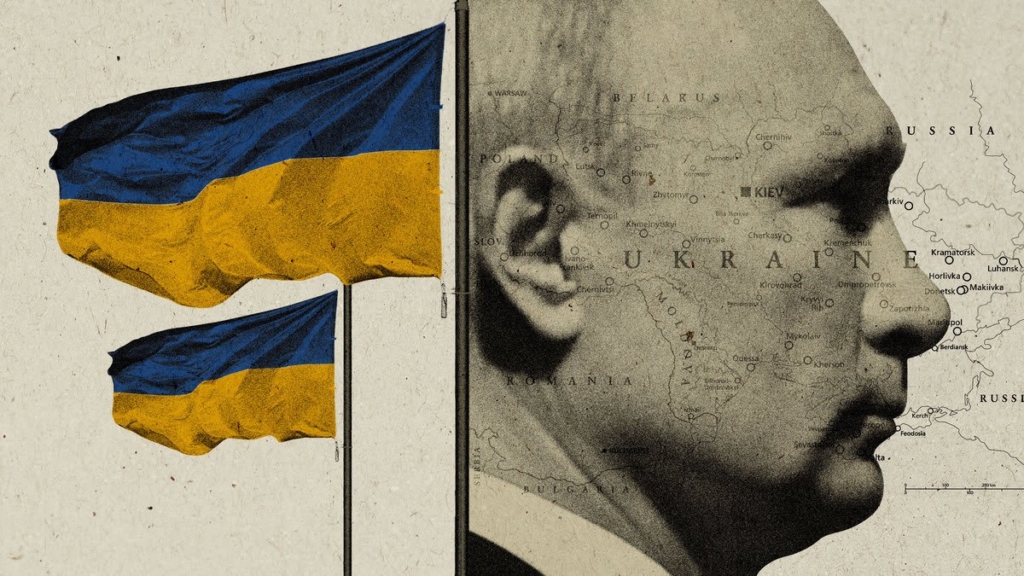
Denis Pilash: Yes. There is a big historic tradition of supporting peoples’ wars in smaller countries that are being attacked or oppressed by grand imperial powers. It has been an integral part of leftist political projects since the 19th century, since the support of the First International for the Polish struggles and the Irish struggles and so on, and later with the support for decolonization of many countries.
If you still have reservations due to different considerations or convictions or strict pacifist beliefs that prevent you from supporting military aid or military resistance, there are still lots of ways to support the civilian population including humanitarian aid and supporting the non-violent resistance in occupied cities, towns, and villages. There is a big range of actions that can be taken by every person, organisation, movement.
Shaun Matsheza: As a Zimbabwean and part of African networks, I see a lot of comments about how the Ukrainian conflict is being reported and explained to the world, which is very different to other conflicts. We also see images of African student refugees being treated differently to other Ukrainian refugees, reports of racism, discrimination on getting onto the train and so on. What would be your message to people who are not European, who are not invested in the European dynamics, but who really want to be part of the movement for peace globally?
Denys Gorbach: There is this expression coined by one of our colleagues who called Ukraine the northernmost country of the Global South. I think it is a fair point, especially if you look at the macroeconomic situation and demographic trends. This translates into racialisation of Ukrainians when we consider that racism is about power relations. Sure, we pass for Whites in terms of our skin colour, and we are certainly White in Ukraine in our interactions with local racialized people such as Roma or Black students. But in western Europe, my social status falls as soon as I open my mouth to reveal my Slavic accent. However, due to the war, Ukrainians have become sort of ‘whiteish’ for the West and almost human in terms of their treatment.
This racist outlook, this ideology that privileges Europe and measures the quality of people in terms of their proximity to this idea of Western Europe is also unfortunately very widespread in Ukraine. The racist incidents on the border must be condemned. We are seeing not only discrimination according to the colour of skin but also by the colour of the passport. For example, refugees from Belarus are also being discriminated against, even though they fled to Ukraine to escape the regime, yet they are accused of being part of the regime.
On the brighter side, we have now seen it is possible to establish more or less decent conditions for refugees fleeing a war from a non-first world country. So I think this should be a good precedent to build on and now demand the same kind of legal regime and same level of solidarity to be extended to refugees coming from all the other parts of the world. We all deserve the same kind of treatment.
Denis Pilash: Even in this preferable treatment of Ukrainian refugees, there are already reports of some refugees being exploited or discriminated against in Europe. We need to highlight also those who are in the most vulnerable positions, such as foreign citizens or people without citizenship or discriminated minorities, such as the Roma people. I hope the situation with Ukraine can be the starting point for a bigger discussion on how to treat people fleeing and seeking asylum in a much more humane way.
I also want to say that people on the left should not be confused that if people are treated well and praised by people such as Boris Johnson, that they are somehow not our friends. That their friends must be our enemy. We need to understand that figures such as Johnson and Erdogan and others who present themselves as great defenders of Ukraine are using this situation cynically and are not real friends of Ukrainian people.
It was very symbolic that just prior to this Russian invasion, we had a delegation from British left trade unionists and politicians who spoke with people here on the ground – activists in trade unions and human rights groups, in feminist movements – and showed their solidarity in the face of real aggression. You had no such response on the right or the liberal mainstream centre. This was genuine grassroots support between working class exploited, oppressed and excluded peoples, facing the same systems of exploitation and discrimination and exclusion. That’s why we need to have this solidarity on the level of people, not just this fake solidarity on the level of governments.
Shaun Matsheza: Any final words or messages?
Denys Gorbach: I think these sad circumstances show that it is high time to build practical solidarity that is anti-capitalist, anti-climate change, and anti-militarist. We need concretely to join these three agendas in a movement that can rise today against the war, as well as against imperialism that is destroying our planet.
Denis Pilash: I hope as we make demands specific to the Ukrainian situation, that we can also be transcendent to something more global. So when we speak about support and help for Ukrainian refugees, our demand transcends to refugees throughout the world. If we demand the cancellation of Ukrainian foreign debt, it transcends to the issue of indebtedness of the majority of countries, especially the poorest countries. If we demand to seize the assets of Russian and perhaps Ukrainian oligarchs as well to use them to rebuild Ukraine, we also open up the questions of the tax loopholes used everywhere by the global capitalist class to store their assets. If we demand to shut down the supplies of oil and gas from Russia, we should also extend that to states such as Saudi Arabia with its criminal war in Yemen. These are all fossil fuel empires that need to be ended with an eco-socialist reconstruction of the global system.
So every smaller issue is part of a broader discussion. That’s why it’s important to have this solidarity and to have this exchange between peoples in different regions, who are all affected by basically the same problems, even while they face specific dynamics and contexts.

